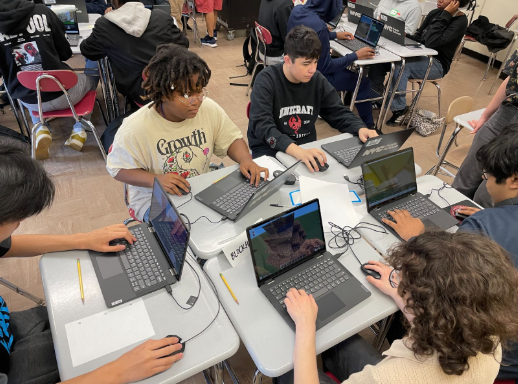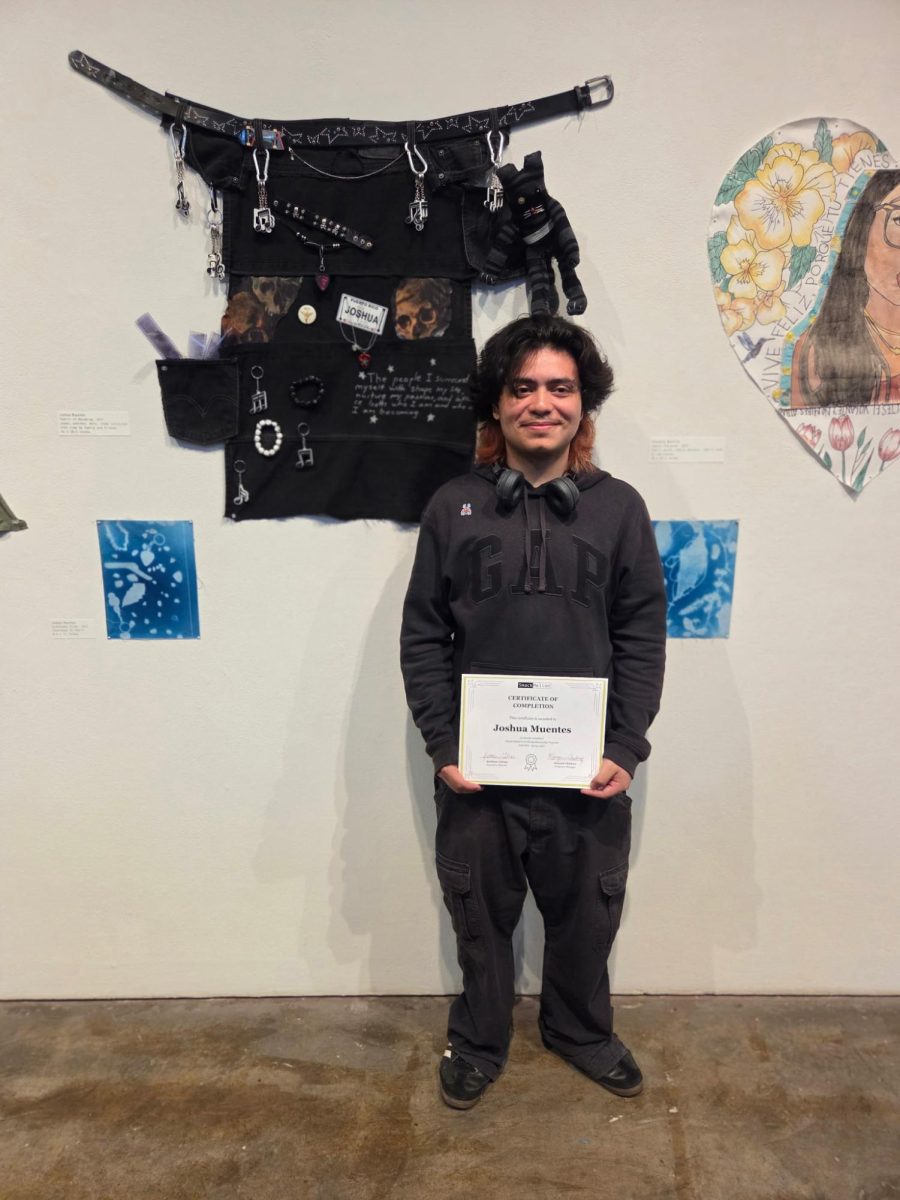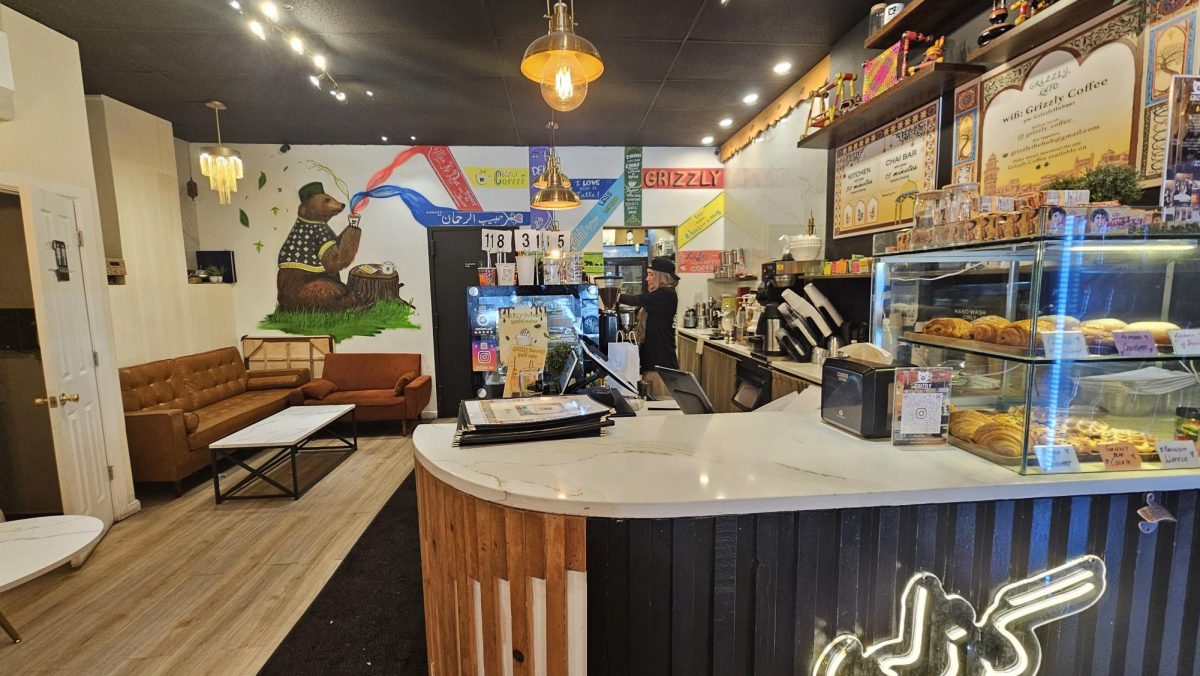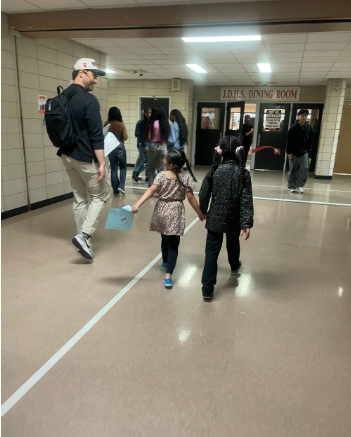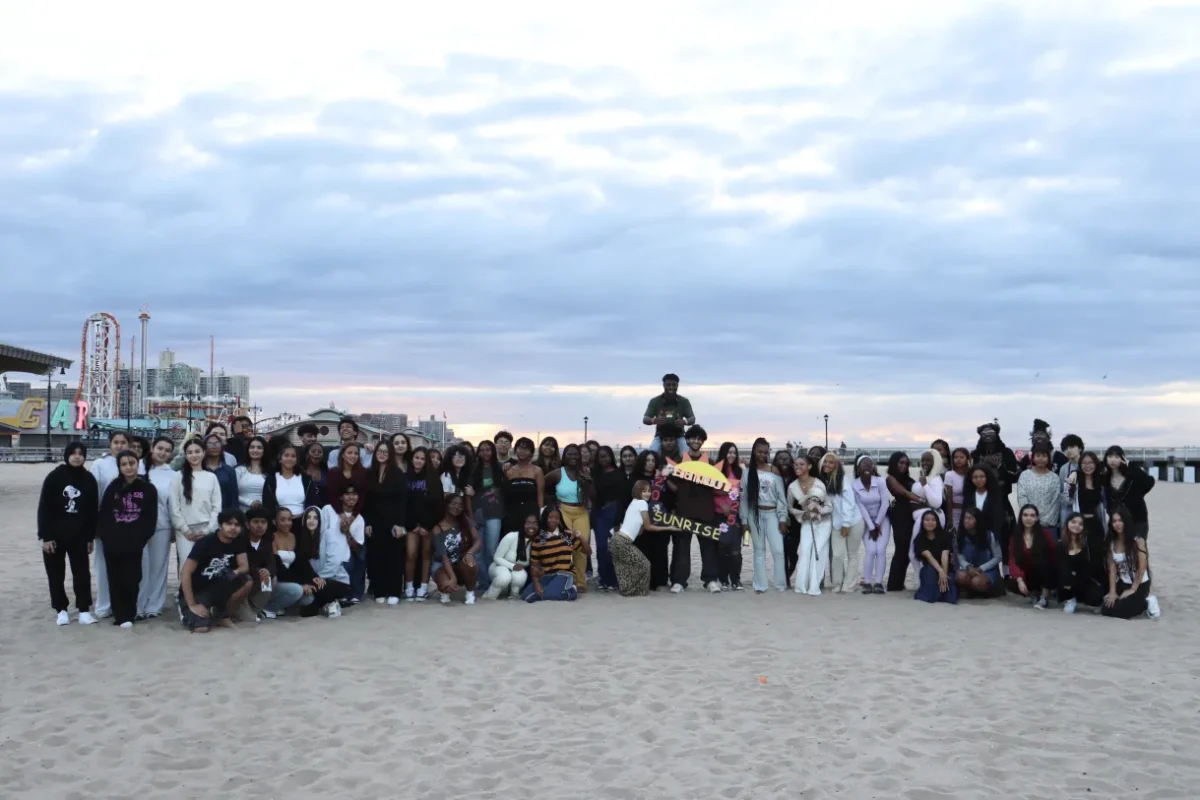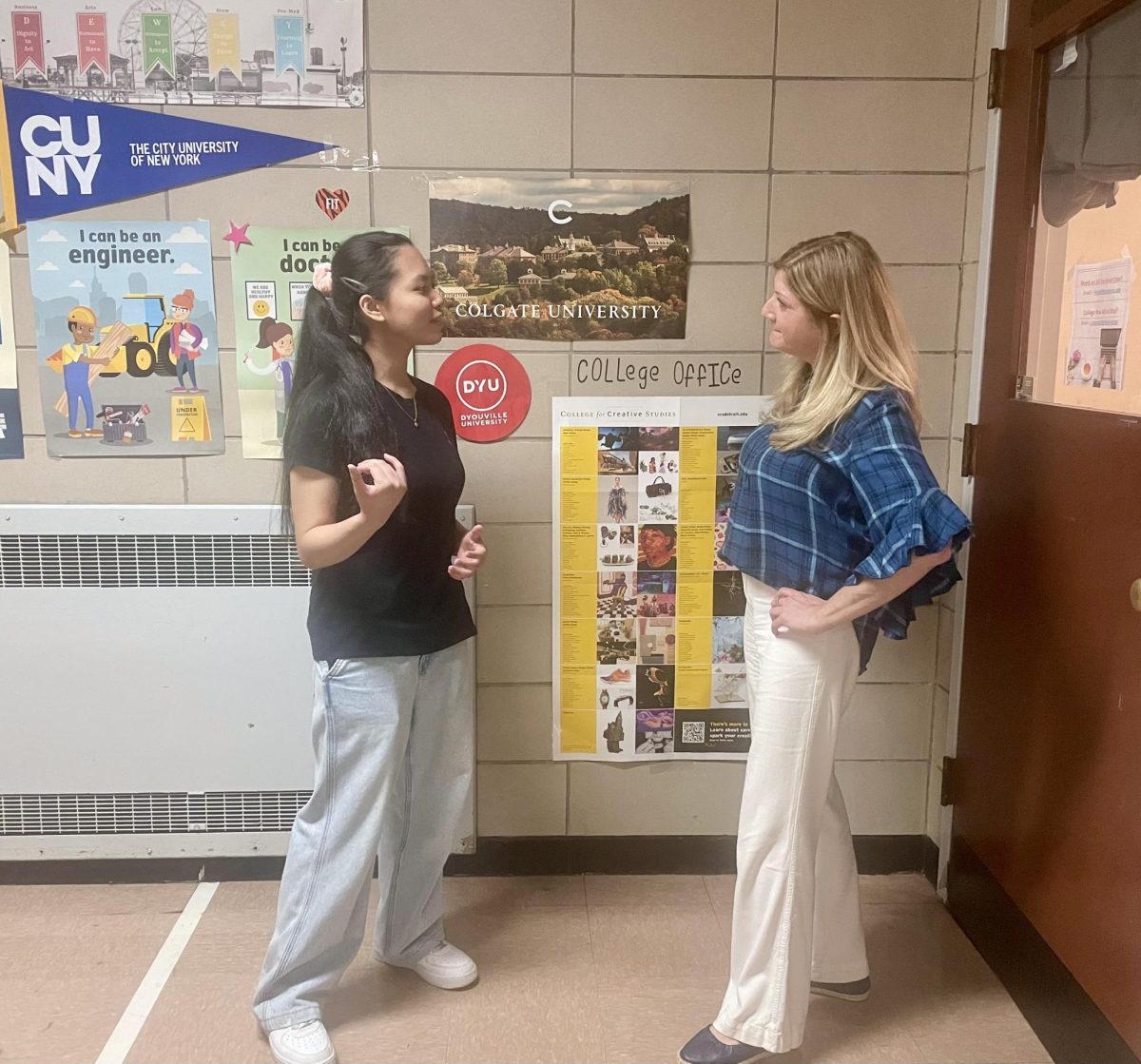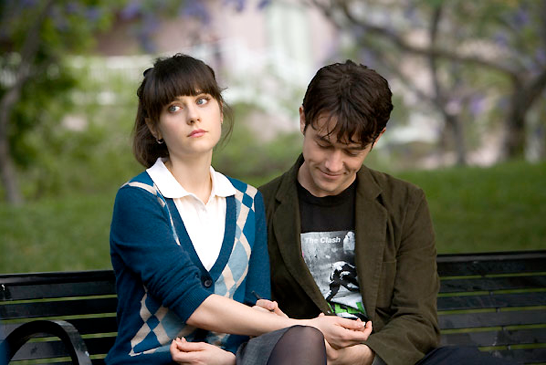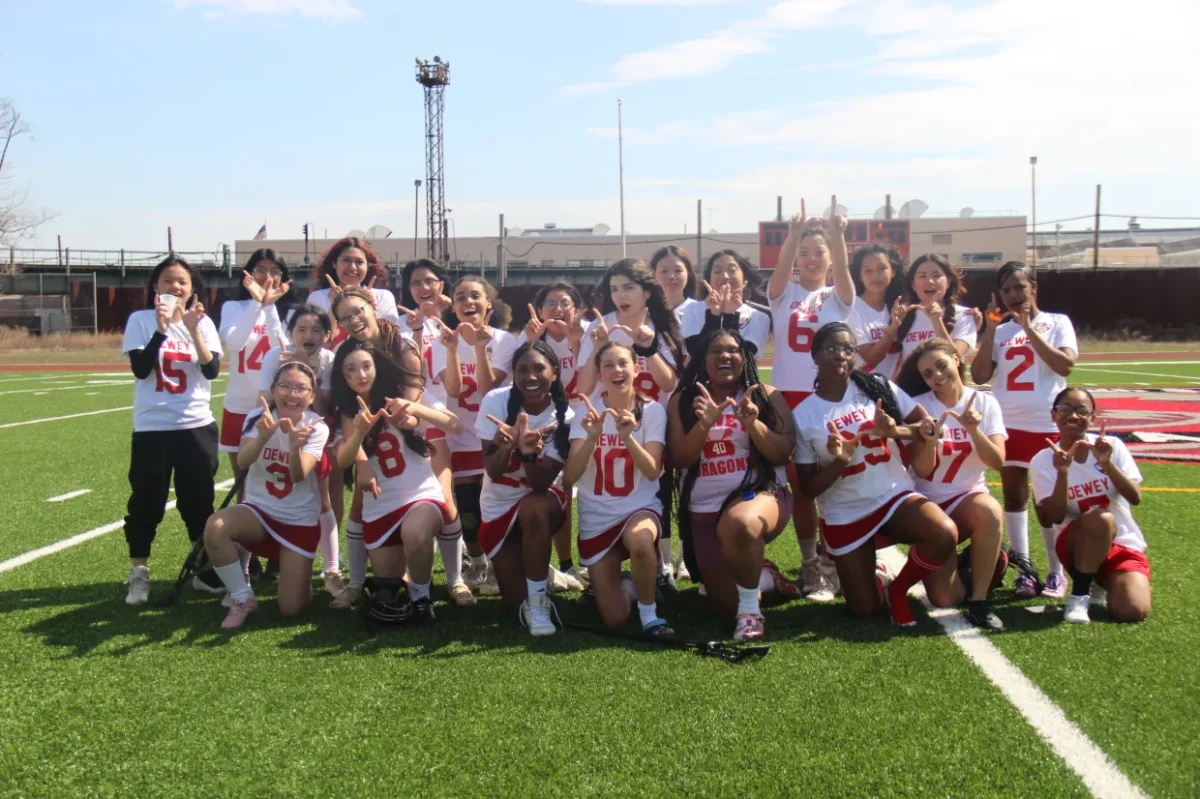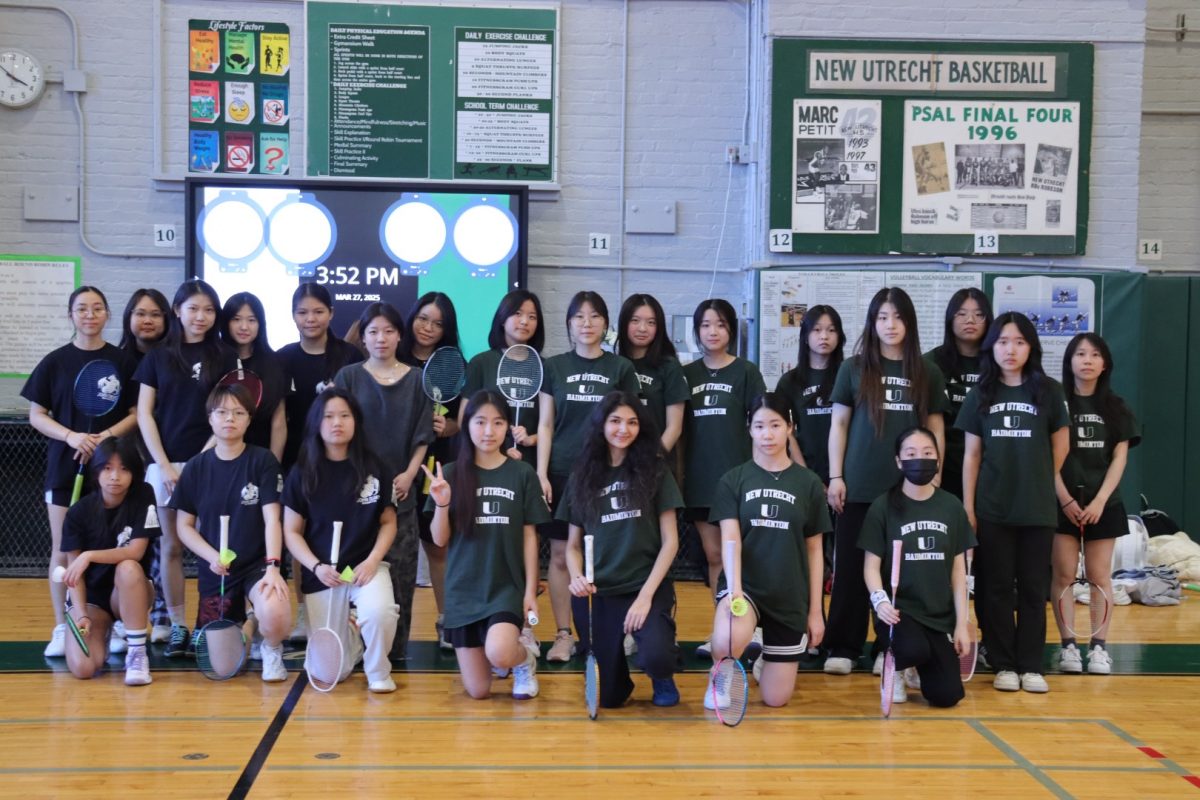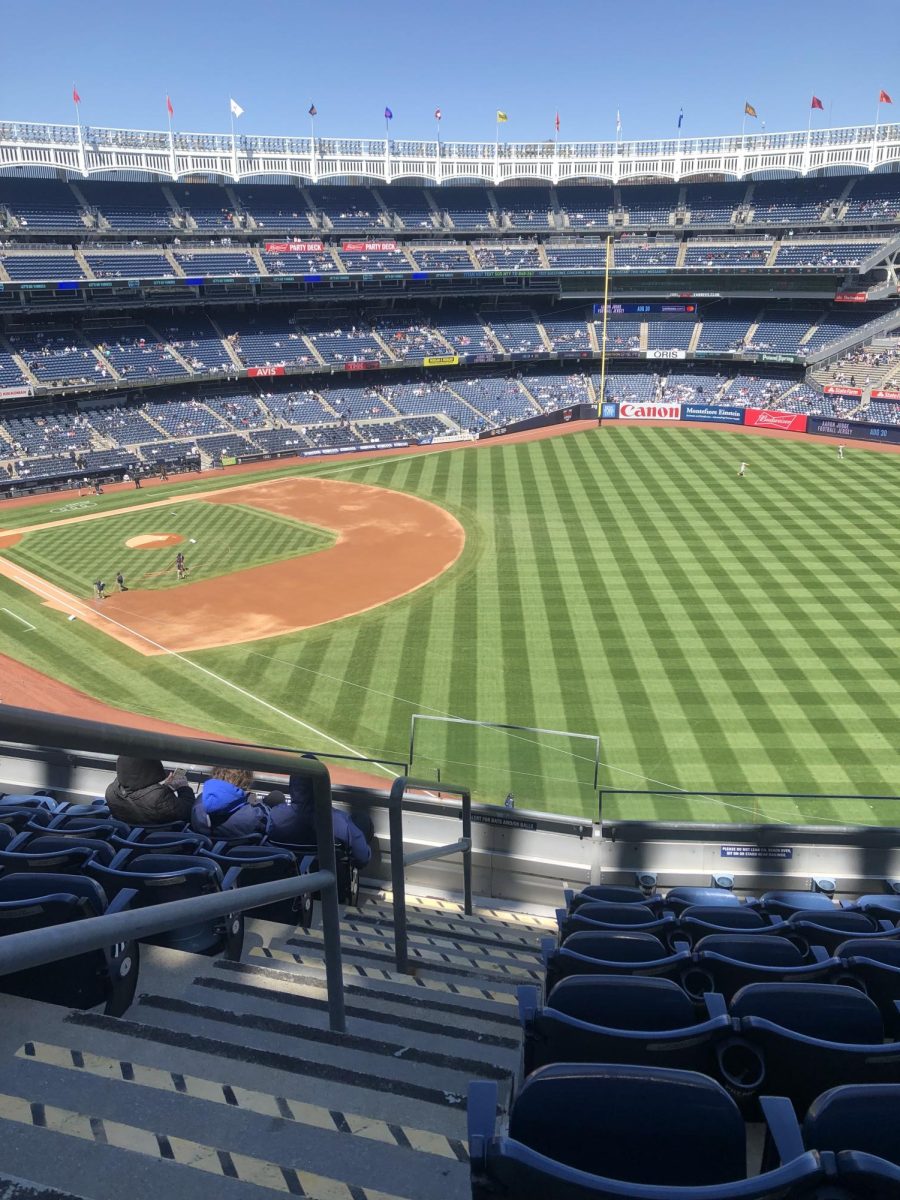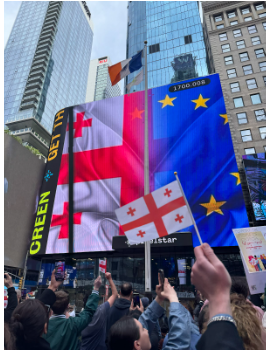
Tensions have been rising in the small eastern European country Georgia as the government announced a stop to negotiations with the European Union (EU). As a backlash to this decision, citizens started protesting, which was met with brutal force and violence from police.
To understand the situation today, we need to look back at the history of Georgia. Since gaining independence from the Soviet Union in 1991, Georgia has been on the path of European integration. Following Russia’s invasion in 2008, which left 20% of the land occupied, the country expressed its Western aspirations in the 78th article of the constitution. According to the study done in 2023, 89% of Georgia wants to join the EU. However, the influence of Russia has been rising, particularly through the ruling party “Georgian Dream.” In 2023, they passed a bill that would declare civil organizations and independent media funded by Western countries as hostile forces, sparking a wave of protests and intensifying opposition to the government.
This October’s parliamentary elections resulted in another victory for the leading party, despite the accusations of being fraudulent. Calls for protests, including from independent President Salome Zurabishvili, initially lost momentum. However, it gained momentum again when the prime minister Irakli Kobakhidze announced that Georgia would stop the strategic partnership with the EU.
This announcement was the last straw for many citizens. Even those who stayed out of politics rushed to the streets. Over 200,000 people took to the streets to protest peacefully in the capital, Tbilisi. Nevertheless, the peaceful protest was met with violence from robo-police. They started chasing after citizens, beating them, cursing at them, and arresting them. “The government’s actions are not justified. Instead of listening to the people, they’re using violence and arrests to silence us. It’s a betrayal of what a government is supposed to do: protect its citizens, not harm them,” Ana Kujaidze, a Dewey student from Georgia, said.
In the capital alone, 250+ people were arrested in the five-day period. Many suffered from severe fractures and head trauma. One of the protestors, a 22-year-old young man, lies in a coma, fighting for his life after being struck in the eye with a gas capsule. No one is being spared—journalists, activists, and members of civil society are being hunted down.
This isn’t just about a fight against the government. This is about keeping the national values and fighting back the Russian regime. It doesn’t just concern Georgia, it is a global issue that everyone should be aware of. At John Dewey High School, many of our students are Georgians. That is why we should support them through these tough times. “I feel frustrated and helpless. Watching peaceful protesters get arrested and attacked just for standing up for Georgia’s future is upsetting. People want change, and it’s heartbreaking to watch them face violence just for demanding their rights,“ Kujaidze said. She also believes that “spreading information and keeping the international community aware is really important.”
Mr. Personette, the teacher of the Legacy Project at our school, suggested that “We should raise awareness about the Georgian situation. To do that, we could set up a day where every student would wear either a red or a white shirt in support of Georgia, inspired by the flag.“
Many say that the actions from the government are justified in order to keep Georgia out of war with Russia, and people should stop rioting. Nonetheless, with 20% of the country occupied, creeping occupation, thousands of people injured, unconstitutional activity, and the risk of becoming just another satellite state, people have all the right to protest and riot. When the government breaks the agreement with the citizens by directly going against what citizens want and what is written in the constitution, people should fight the regime. “Change is possible, but it will take a lot of courage and unity,” Kujaidze said. Indeed, with international support and unity of all Georgian people, I also believe that the change is possible.

